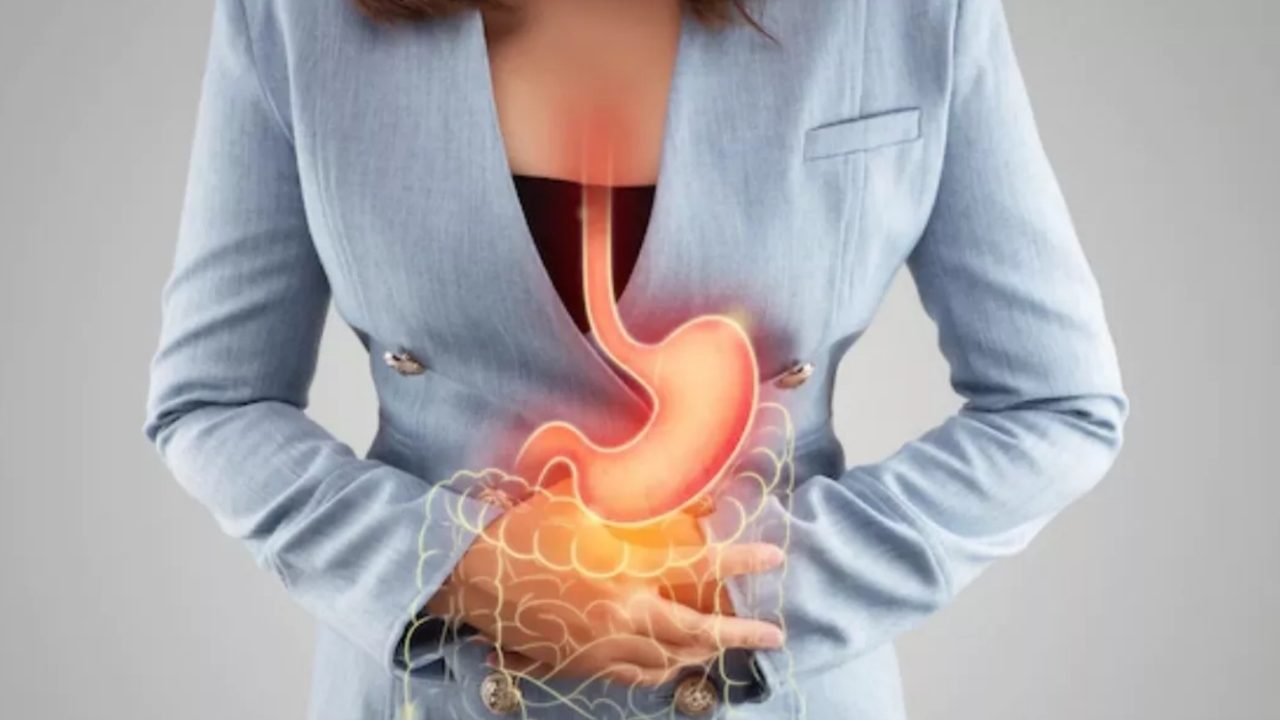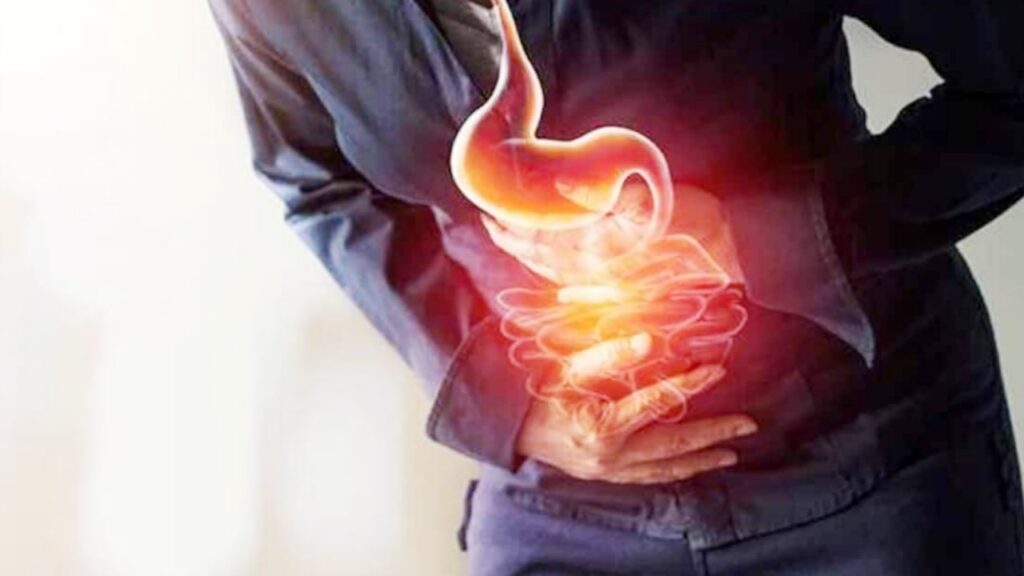Health
Gas, bloating, and indigestion are common digestive issues that affect millions of people worldwide. These discomforts can interfere with daily life, cause embarrassment, and even point to underlying health issues if persistent. Thankfully, most gas-related problems can be managed or prevented with simple lifestyle and dietary changes.

Causes of Gas
Gas in the digestive tract primarily comes from two sources: swallowed air and the breakdown of undigested food in the intestines. Swallowing air while eating too fast, chewing gum, or drinking carbonated beverages can introduce extra gas into the stomach. Additionally, certain foods especially those high in fiber or complex carbohydrates can produce gas when fermented by bacteria in the colon.
Common culprits include beans, lentils, cabbage, onions, broccoli, and dairy products (especially in people with lactose intolerance). Artificial sweeteners like sorbitol and xylitol can also contribute to gas.

Natural Solutions for Gas Relief
- Eat Slowly and Mindfully
Eating quickly can cause you to swallow more air, which may lead to bloating and gas. Take smaller bites, chew thoroughly, and avoid talking while eating. - Avoid Carbonated Drinks
Sodas and fizzy drinks contain carbon dioxide, which can accumulate in your digestive system and create pressure, causing bloating and discomfort. - Limit Trigger Foods
While high-fiber foods are healthy, introducing too much fiber too quickly can cause gas. Gradually increase fiber intake and keep a food diary to identify which items worsen your symptoms. - Try Herbal Remedies
Certain herbs are known for their carminative properties—meaning they help reduce gas. Peppermint, ginger, fennel seeds, and chamomile tea can be soothing and effective. - Exercise Regularly
Physical activity helps stimulate digestion and move gas through the digestive tract. Even a short walk after meals can make a noticeable difference. - Use Probiotics
Probiotics are beneficial bacteria that support gut health. They can help balance intestinal flora, reducing fermentation and gas production. Yogurt with live cultures or probiotic supplements can be beneficial. - Stay Hydrated
Drinking plenty of water supports digestion and prevents constipation, which can contribute to bloating and gas buildup.
When to See a Doctor
While occasional gas is normal, persistent or severe symptoms could indicate conditions like irritable bowel syndrome (IBS), food intolerances, or even gastrointestinal infections. If home remedies don’t help or symptoms worsen, medical evaluation is important.
Gas problems can be uncomfortable, but they’re usually manageable with a few thoughtful changes to your diet and habits. By understanding the root causes and embracing natural solutions, most people can find effective and lasting relief.





